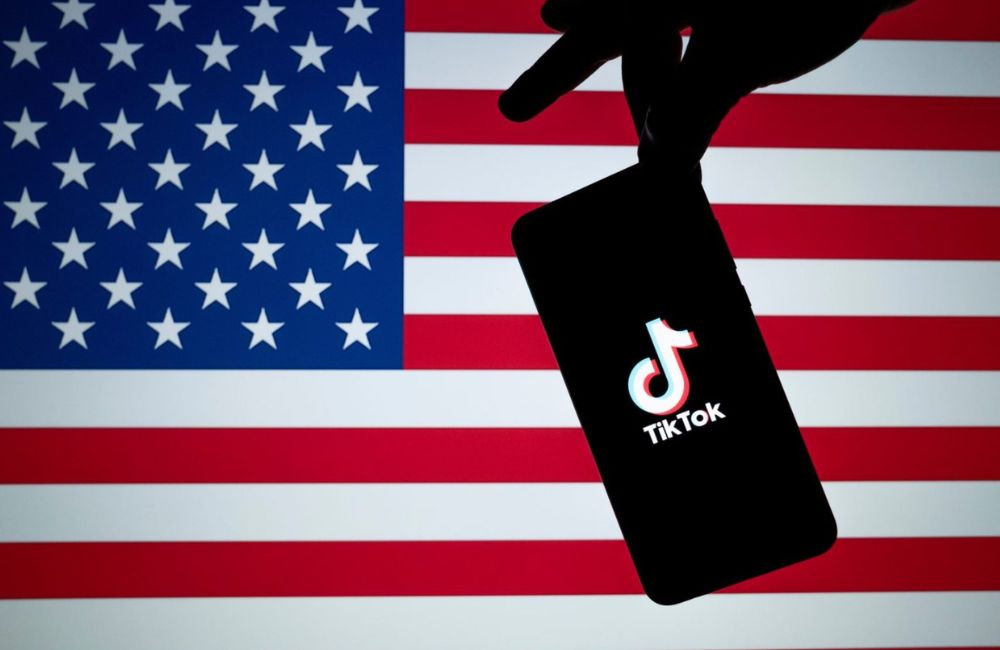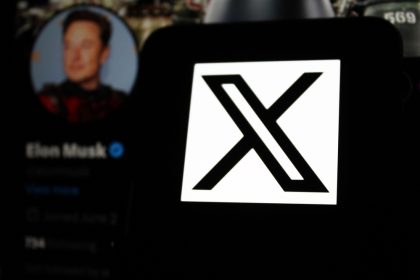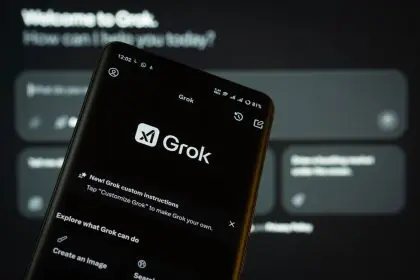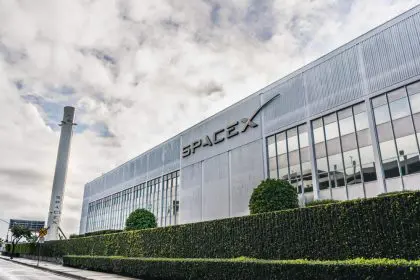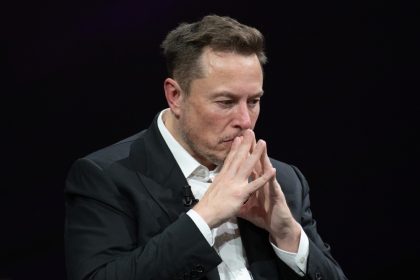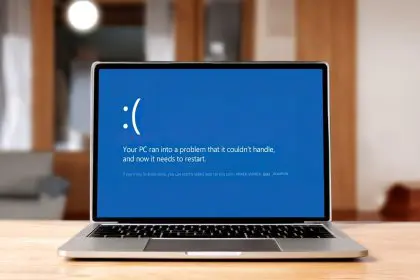TikTok has rejected a report suggesting Chinese officials might allow the sale of its US operations to Elon Musk – calling it “pure fiction”. The response comes amid growing tensions between US regulators and the popular social media platform, which has over 170 million American users.
The comments came after Bloomberg claimed Beijing is considering such a move if the US Supreme Court upholds a ban on the app. The report sent shockwaves through the tech industry, causing significant market speculation and volatility in social media stocks.
Supreme Court justices are set to rule on a law requiring TikTok to either sell its US business or face a nationwide ban by 19 January. The case represents one of the most significant legal challenges to a social media platform in US history, with potential implications for international tech regulation.
TikTok has repeatedly stated it will not sell its operations. The company’s firm stance reflects its parent company ByteDance‘s consistent position on maintaining control of its international assets.
“We can’t be expected to comment on pure fiction,” a spokesperson for the firm told BBC News. This direct response aligns with TikTok’s previous assertions about maintaining operational independence.
Bloomberg, citing unnamed sources, reported one scenario being explored by Chinese officials would involve Elon’s social media platform, X, acquiring TikTok’s US operations. The potential deal would represent one of the largest social media acquisitions in history, with analysts estimating TikTok’s US operations could be worth up to $50 billion.
X did not immediately respond to a BBC request for comment. The platform, formerly known as Twitter, has undergone significant changes since Musk’s $44 billion acquisition in 2022.
Elon is a close ally of US president-elect Donald Trump, who is due to return to the White House on 20 January. Their relationship has been closely scrutinized, particularly regarding its potential influence on tech policy and regulation.
Last month, Trump urged the Supreme Court to delay its ruling until his inauguration, allowing him to pursue a “political resolution”. This request highlights the increasingly political nature of the TikTok controversy.
His lawyer submitted a legal brief arguing Trump “opposes banning TikTok” and seeks to resolve the issue through political means once in office. This position marks a shift from Trump’s previous stance during his first term, when he attempted to force a TikTok sale in 2020.
Outgoing US president Joe Biden’s administration has argued TikTok poses national security risks, claiming the app could be used by China for spying or manipulation. Intelligence officials have testified that the app’s data collection practices could potentially compromise user privacy and national security.
TikTok has consistently denied any influence from the Chinese Communist Party, asserting the law violates First Amendment free speech rights. The company has invested over $1.5 billion in its Project Texas initiative to protect US user data.
Meanwhile, two Democratic lawmakers, Senator Edward Markey and Representative Ro Khanna, called on Congress and president Biden to extend the deadline. Their intervention reflects growing bipartisan concerns about the impact of an immediate ban.
During a Supreme Court hearing last week, justices focused on national security concerns behind the legislation, signaling they may uphold the 19 January deadline. Legal experts suggest the Court’s questioning indicated particular attention to executive branch authority in national security matters.
The ongoing controversy has sparked intense debate about digital sovereignty, data privacy, and the balance between national security and free speech in the digital age. Industry analysts note that the outcome of this case could set precedents for future regulation of international tech companies operating in the United States.
The potential ban has also raised concerns among content creators and businesses who rely on TikTok for their livelihoods, with estimates suggesting the platform contributes over $24 billion annually to the US economy through its creator ecosystem.

